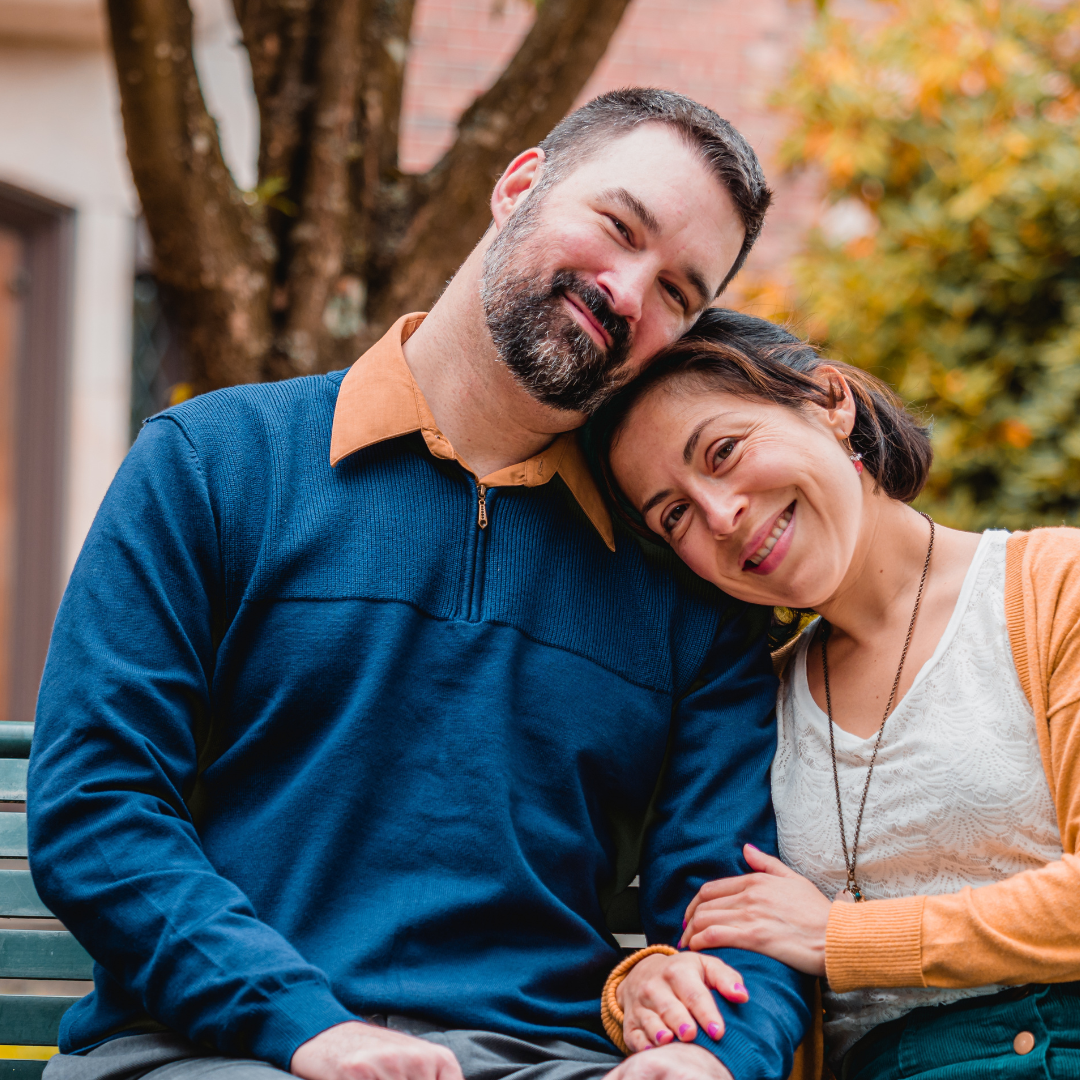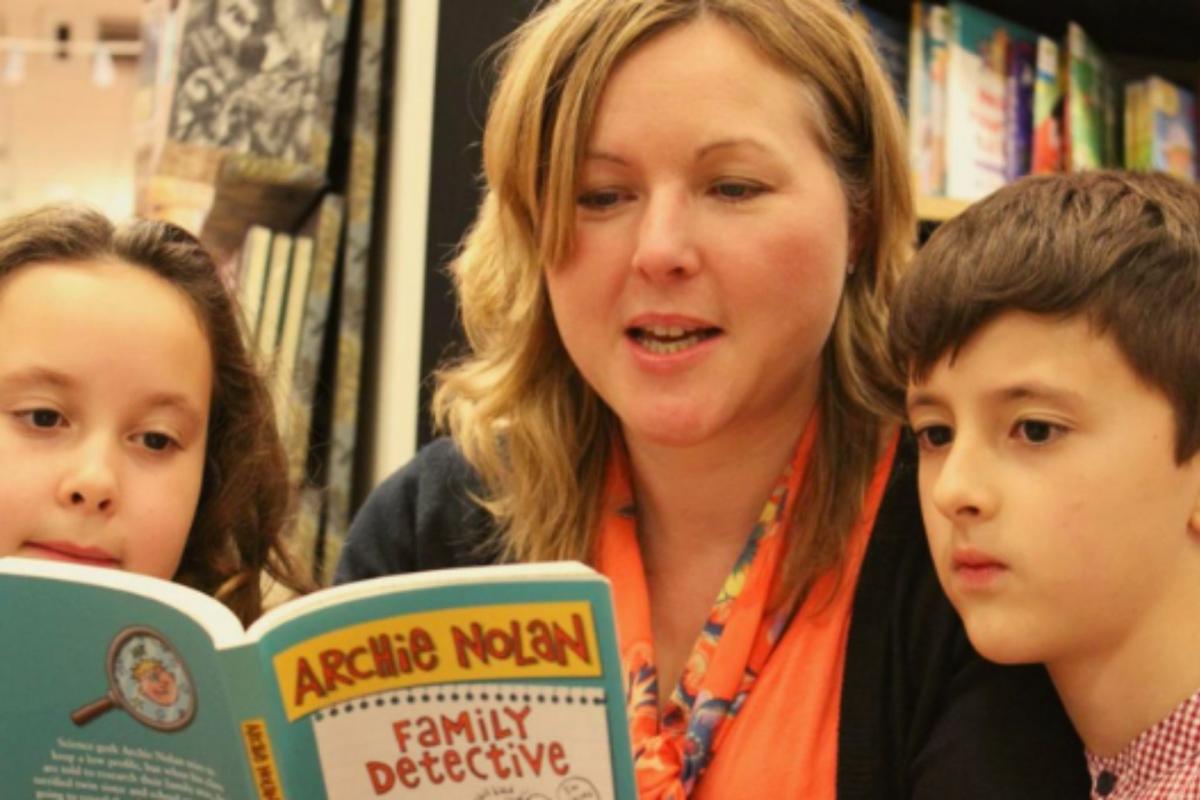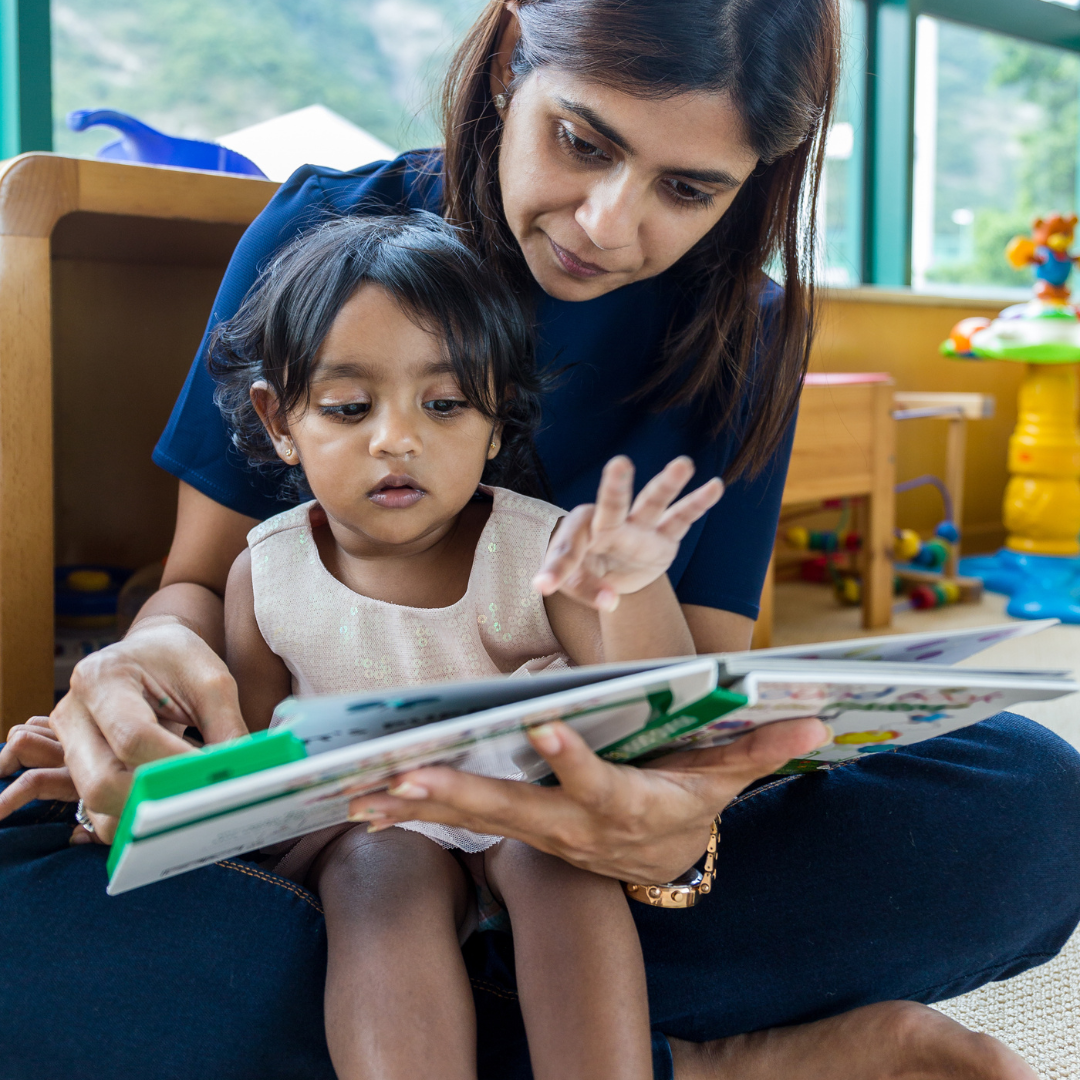Is there a ‘right’ age to start telling?
The goal of early ‘telling’ is that a child should grow up not being able to remember a time when they didn’t know about their origins by donor conception. In practical terms this means starting the process of sharing information with your child before they reach about seven and ideally before they turn five.
This is for two reasons:
-
You get time to practice and work out the language you want to use before a child is really aware of what you’re telling them
-
Children grow up always knowing and integrating that information into their sense of who they are from the beginning
Check out the DCN ‘Our Story’ books for children and the ‘Telling and Talking’ series for parents, and consider booking one of our ‘Telling and Talking’ workshops to join others at a similar stage. This gives you a dedicated and facilitated space to explore how to approach things.
And don’t forget that through membership you can connect with the hundreds of other families who are considering these issues. Speaking with other parents who have done this and can offer guidance and experience to others can really help build confidence.




